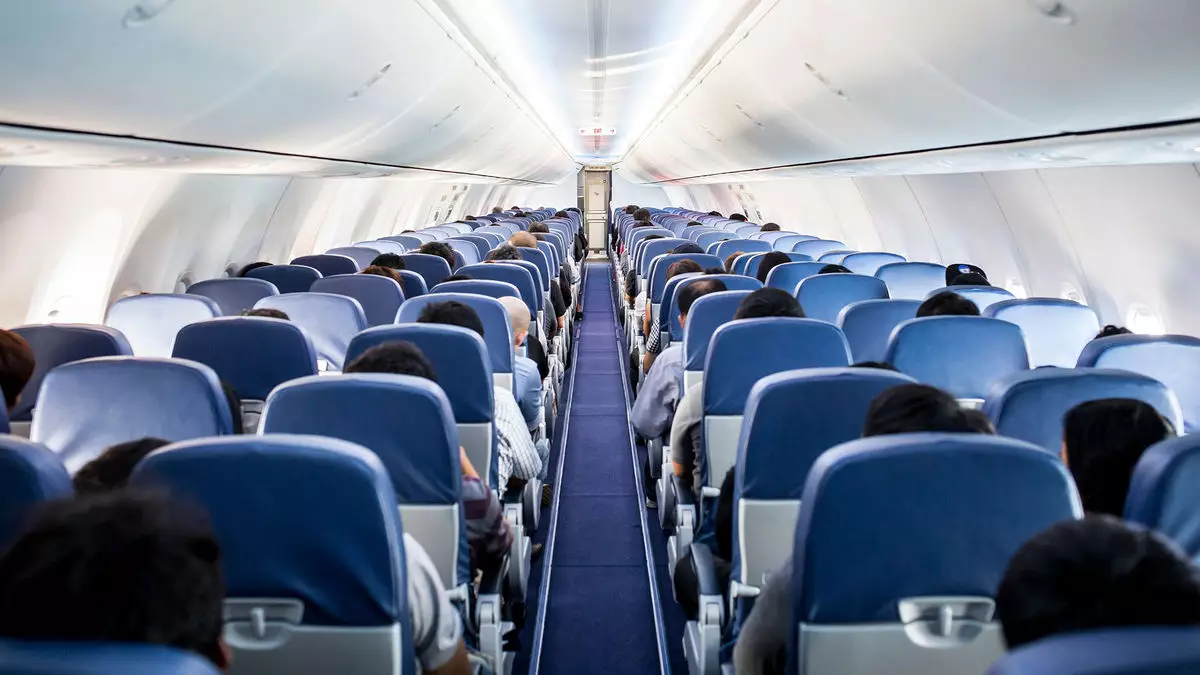The airline industry has reached a critical juncture as major carriers engage in a legal controversy over proposed regulations aimed at enhancing fare transparency. Despite public commitments to customer service and disclosure, leading airlines such as Delta, American, United, Frontier, and Spirit are actively opposing legislation that would mandate full disclosure of all flight-related fees during the booking process. This conflict raises significant questions about the balance between corporate interests and consumer rights.
On December 4, Senators led by Richard Blumenthal (D-Conn.) convened the Senate Permanent Subcommittee on Investigations to address concerns surrounding the airlines’ legal maneuvers against the Department of Transportation’s (DOT) proposal. This regulation aims to ensure that consumers are informed not only of the base airfare but also of relevant ancillary fees associated with flights. During the hearing, Blumenthal pointedly remarked on the contradiction between the airlines’ stated commitment to transparency and their ongoing litigation to stifle the implementation of this rule. Each of the five airlines was queried individually about their willingness to withdraw from the lawsuit, but all maintained their stance.
Peter Carter, the chief legal officer of Delta, echoed sentiments common among the airlines, arguing that while Delta already practices transparency, the details of the proposed regulation could be excessively restrictive. Such statements highlight an ongoing narrative within the airline industry where companies grapple with regulations perceived as burdensome, all the while publicly championing customer service initiatives.
Implications of the Regulation
The proposed DOT regulation mandates that airlines must make upfront disclosures regarding various fees associated with services like checked baggage and flight modifications. Although this move is well-intentioned and aims to afford consumers a clearer perspective on travel costs, the airlines claim it exceeds the authority of the DOT and poses a threat to their operational agility. This dichotomy reflects a deeper struggle: airlines are trying to balance profitability with the public’s demand for fair pricing practices.
Moreover, a ruling from the Fifth U.S. Circuit Court in July has lent credence to the airlines’ opposition, stating that the regulation could “irreparably harm” them, indicating a significant legal battleground regarding the extent of regulatory oversight allowed over commercial entities.
A recent report from the Senate investigations subcommittee has scrutinized airline fee structures, particularly those concerning seat selection fees and their compliance with existing taxation laws. United Airlines’ Chief Commercial Officer Andrew Nocella defended the airline against accusations of tax evasion on seat selection fees, insisting that all taxes owed are indeed paid, albeit not disclosed in the initial booking process due to the direct payment model employed.
Simultaneously, the report shone a light on incentive structures used by airlines like Spirit and Frontier, which incentivize employees to collect additional fees from customers. The subcommittee highlighted practices that engender a revenue-driven culture among staff, with substantial sums—over $26 million—dispersed as incentives in recent years for bag fees alone. This practice raises questions regarding the treatment of consumers and the ethical implications of incentivizing gate agents to enforce these charges vigorously.
Witnessing these practices, legislative leaders like Blumenthal have pointed out that the current airline fee culture creates an environment fraught with consumer dissatisfaction. Passengers often face difficult choices at boarding gates, being coerced into additional payments under duress, with little recourse for dispute. Blumenthal’s poignant recall of a video depicting an exasperated passenger contending with a strict gate agent exemplifies the growing frustrations many travelers have experienced.
The airlines’ opposition to the DOT’s proposed transparency rule serves as a microcosm of a larger struggle involving consumer rights, corporate accountability, and regulatory frameworks. As airlines continue to challenge regulations designed to protect consumers, it is imperative for stakeholders—be they lawmakers, passengers, or industry leaders—to engage in earnest dialogue aimed at achieving a balanced resolution. This case not only impacts the flight experience but also sets a critical precedent for how transparency and consumer rights are upheld in the corporate sphere moving forward.


Leave a Reply